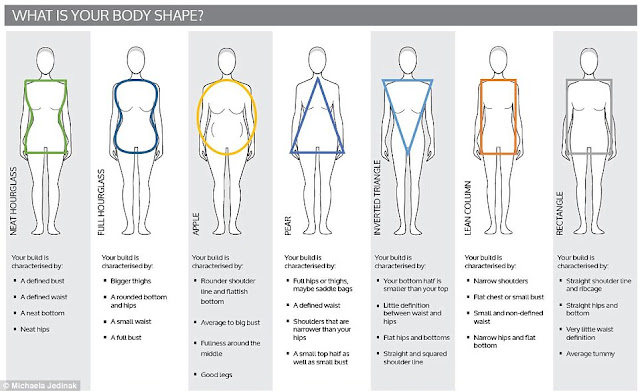Can you get periods twice a month?
The menstrual cycle is a normal process that occurs in all females to prepare the body for a possible pregnancy. The body undergoes many changes during periods. During a menstrual cycle, one of the ovaries releases an egg (the process is called ovulation) and with the release of the egg, the body prepares for a possible pregnancy. The lining of the uterus thickens for a fertilized egg but when the egg does not get fertilized the lining sheds and comes out of the vagina. This is menstrual bleeding or periods.
Normally, the menstrual cycle starts when a girl is between the age of 11 and 14. It ceases around the age of 50 and it is called menopause.
Menstrual cycle is typically five days long but it can last for two to seven days. It is a 28 day-cycle but vary between once every 24 days and once in 35 days.
Can you get two periods in a month?
Yes, there is a possibility of getting periods twice a month if you have a shorter cycle. Other reasons for getting the period twice a month are hyperthyroidism, stress, illness or medication, birth control, excessive weight loss or weight gain, uterine cysts or fibroids, reactions to birth control methods, excessive exercise, sexually transmitted disease and the onset of menopause. If your menstrual cycle becomes shorter suddenly then you need to consult your doctor.
Other conditions can also be mistaken for a menstrual cycle. In case you are pregnant, you may experience spotting in the first trimester. In spotting, there will not be enough bleeding. The blood during spotting is usually darker that period blood. Heavy bleeding is caused by a miscarriage and it can be mistaken for menstrual cycle.
Complications of two periods in a month:
If you are bleeding twice a month, then it can lead to anemia, which happens because of lack of iron in the blood. Anemia symptoms include headache, dizziness and fatigue, shortness of breath, weakness and irregular heartbeat.
There is a higher risk of having more than one menstrual cycle in a month if there is a history of cysts, fibroid or early menopause in your family. You should consult a doctor if you have heavy bleeding during periods, experience pelvic pain, urinate frequently, have painful menstrual cramps, sexual intercourse is painful or you spot dark clots in your period blood.




Comments
Post a Comment